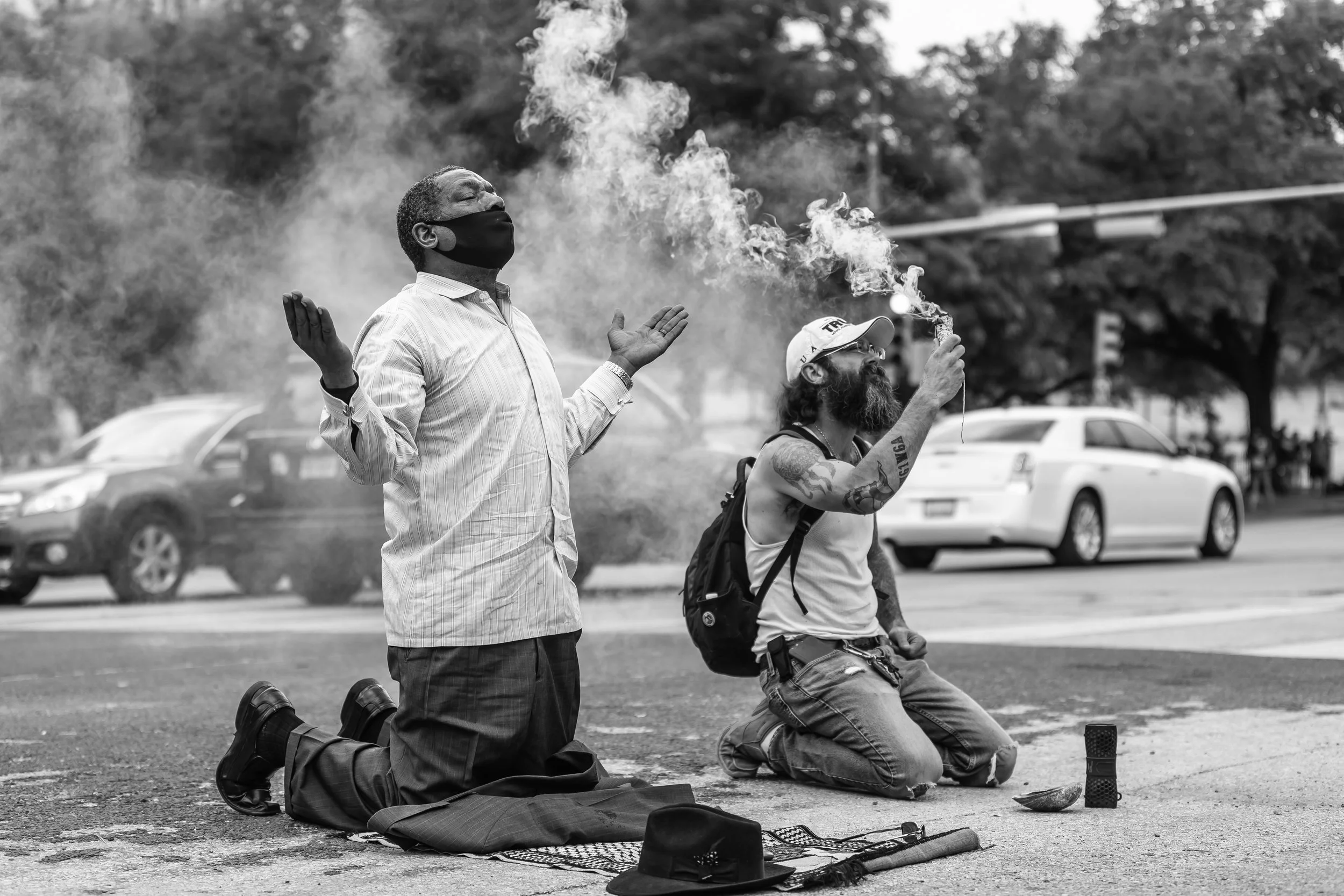A similar point is made in another work concerning colonial South America -- Modern Inquisitions: Peru and the Colonial Origins of the Civilized World by Irene Silverblatt. Interrogating records from the Inquisition in colonial Peru, Silverblatt argues that rather than being a paragon of pre-modern religious fanaticism, the Inquisition was a thoroughly modern, and some might say 'civilized,' affair engaged in bureaucratic wrangling, a fidelity to procedure, and a magical process of modern state-craft built around race-thinking. She argues throughout the book that in order to see the Inquisition as such we must plumb the historical depths of the records to find a) that the accused, the inquisitor, the witnesses, and the participants in the autos-de-fe were all human and b) that the Inquisition was not inevitable as such.
She wrote of looking at the records, "we read about disputes, errors, missed chances, and disastrous calculations; we read tales of human strength and courage, about moments of extraordinary valor and acts of profound dignity; and sometimes we can even find flashes of humor." (p. 23) She intimates here that in looking to the historical sources, we must find the characters to not be some mindless figures caught up in fixed forces, but as "human beings -- replete with foibles, strengths, and shortcomings -- who act in ways not always predictable or anticipated." (p. 22)
Likewise, in her book Time and Sacrifice in the Aztec Cosmos Kay Almere Read approaches the bloody system of sacrifice in the Mexica cosmos and takes a novel approach compared to other historical overviews and explanations. Rather than assuming that the entire Mesoamerican civilization was full of sadist-psychopaths who enjoyed murdering one another, let's assume that it's not just about sacrifice and that these human beings of the past were engaged in, what they thought, was a world-ordering and moral affair engaged with the fundamental powers of the universe (time and space). Let's try to understand their point of view. At the same time, Read perhaps goes too far in underestimating the level of resistance to this system of sacrifice in order to illustrate the rationale of it. Certainly, peripheral communities within the Mexica world resisted their capture and the sacrificial system, even though they may have bought into the rational of the cosmological narrative. Again, history is not inevitable.
This same dual emphasis could be applied to other epochs of history -- investigating the "Golden Era of Islamic Science," the "Galileo Affair," the development of Mormonism in the U.S., etc. In each of these instances we can read them according to their headlines, or we can listen to the small voices of history and try to recapture the human elements of each story. Doing so, we will find true believers and dissonant rebels, people on both sides of the conflict and certainly some in the middle. We will discover conflicted characters and moments when maybe, just maybe, things could have gone a different way.
Essentially, we can read history in a black-and-white, "this was always going to happen," manner or we can nuance the story, romance its miscellany, and find the tangible, fallible, and flesh-and-blood stories of men and women wrestling with the worldview of their day to bring about the events that we now read as "inevitable history." In doing so, we will find that these events were anything but assured, but that history could've turned on a dime.
Why is this important? Today, we are dealing with myriad crises. Whether we are in Ferguson, Missouri; Mosul, Iraq; Paris, France; or Monrovia, Liberia we must never lose sight of the human elements of each of these stories, and, likewise, must not assume that there are inexorable forces at work that fate these circumstances to play out in a certain way. Black lives can matter and police work can be respected; violent extremism and sectarian religious communism can be combatted, and disease can be eradicated. There is no need to throw our hands up in the air and either a) ignore the problem or b) act as if there is only one unfortunate outcome.
The way to address these issues with an open mind and for a possible positive outcome is to actively remember, and recapture, the human element at every turn.
We must not think of the protests in Ferguson (and elsewhere) as an "us v. them" drama, but a story of a family who lost a child, a police officer who took a life, a community that feels social pressures that they feel are outside of their control, and political, religious, and social leaders trying to lead toward a peaceful future.
